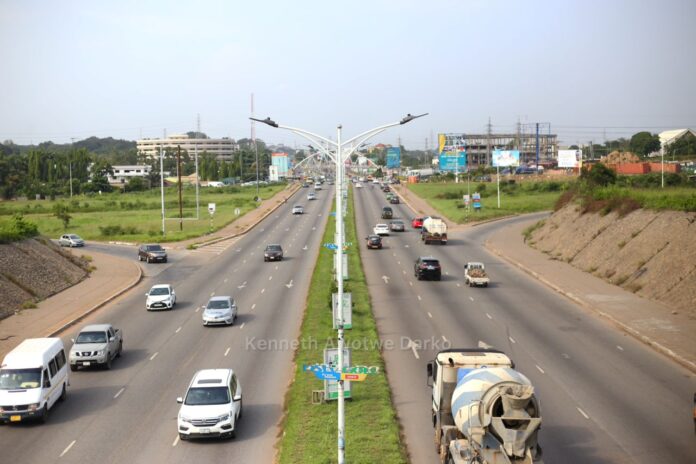ACEP’s Executive Director, Benjamin Boakye, has expressed his skepticism about the impact of the new vehicle tax on carbon emissions reduction.
Boakye believes that the implementation of the Emissions Levy Act, 2023 (Act 1112) will not only fail to reduce carbon emissions but also incentivize people to avoid paying the tax altogether.
He argues that the new levy may lead to a loss of government revenue and will not deter anyone from driving, ultimately resulting in continued carbon generation.
“They know clearly that it’s not about carbon. This is not going to prevent anybody from driving. They know you don’t have a choice. You will have to pay for it. The carbon will still be generated because the Ghanaian will have to move from one point to the other. There’s no way you are going to prevent people from polluting,” Boakye expressed.
Boakye accuses the government of taking advantage of Ghanaians by imposing more taxes and suggests that if the government needs to raise tax revenue, it should do so through taxes on specific activities rather than a new vehicle tax.
He points out that in addition to the new vehicle tax, drivers are already taxed on the fuel they purchase to operate their vehicles, making the imposition of a new vehicle tax insensitive to the plight of the Ghanaian who is left with no choice but to drive.
The GRA has announced the commencement of the implementation of the Emissions Levy Act, 2023 (Act 1112) from Thursday, February 1, 2024.
The Act will impose a levy on carbon dioxide equivalent emissions on internal combustion engine vehicles, and the GRA insists that it aligns with the government’s commitment to addressing greenhouse gas emissions.

